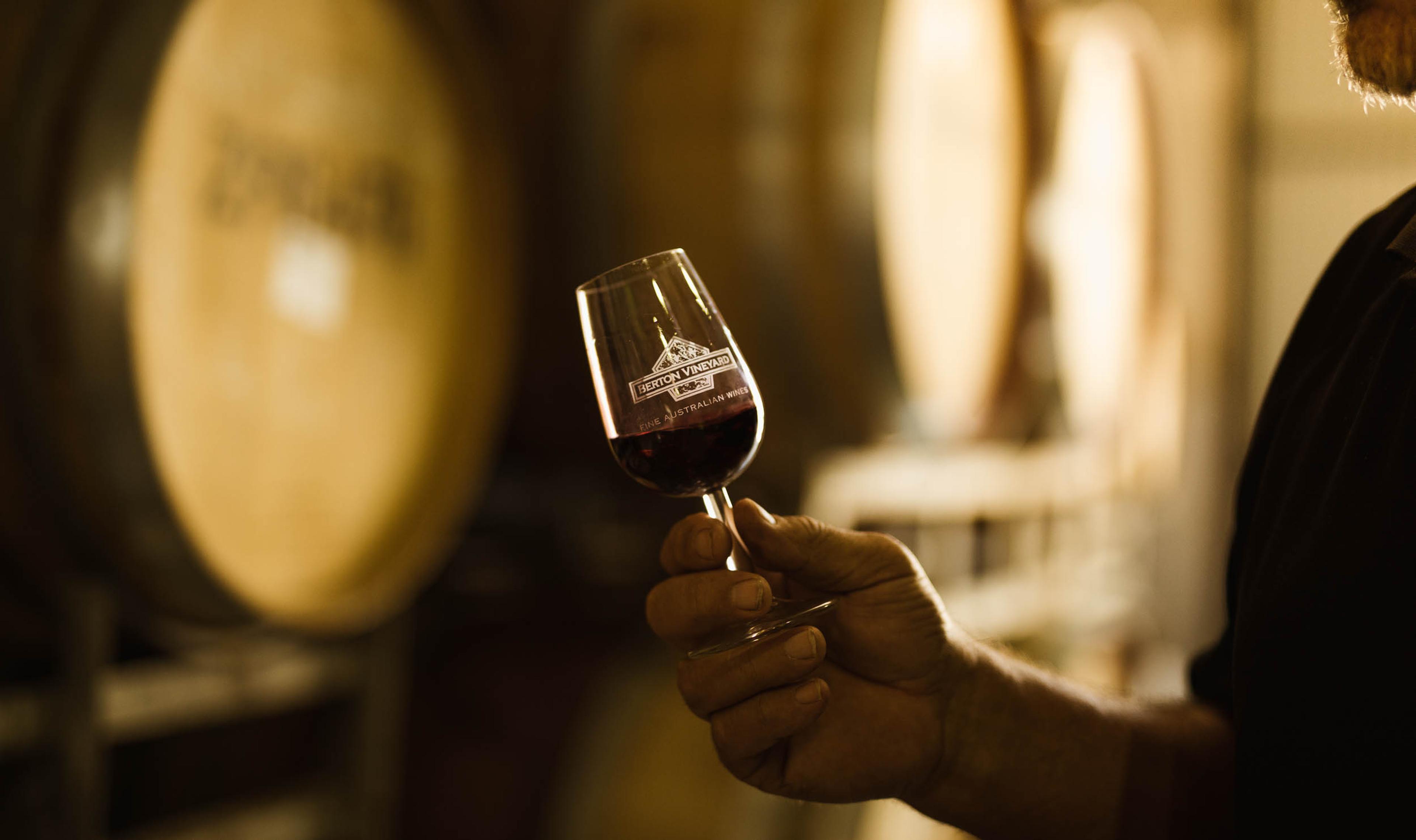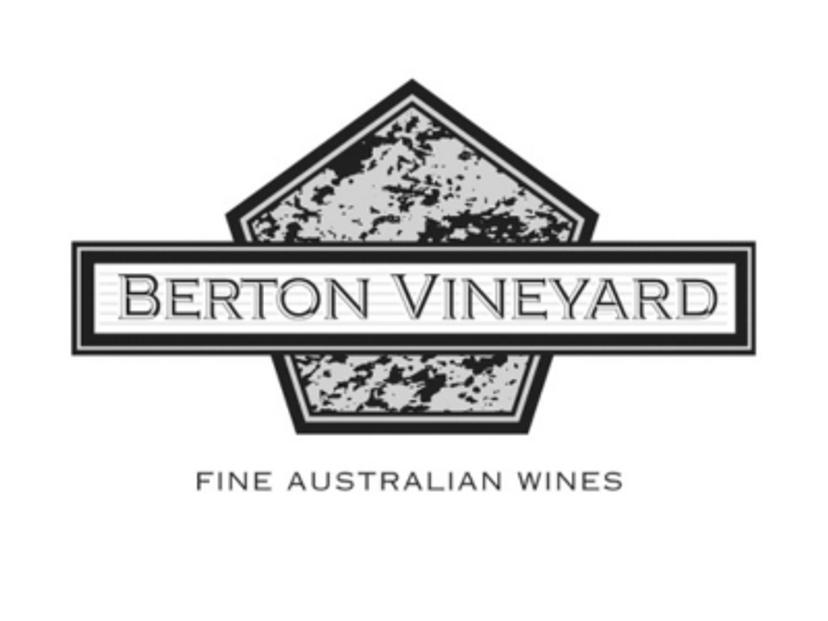Abstract
28 years ago, the Berton Vineyards story had humble beginnings. With an identity rooted in practice and blended with modern aspects of wine culture, Berton takes pride in being a contemporary winery that upholds an atmosphere of informality, warmth, innovation, and tradition.
They craft wines that are both affordable and rich in quality. Their acclaimed wines include High Eden Bonsai Shiraz, the Reserve Botrytis Semillon, and the Metal Label collection. This case study shares the engaging story of Berton Vineyards, and their venture into the Indian market.
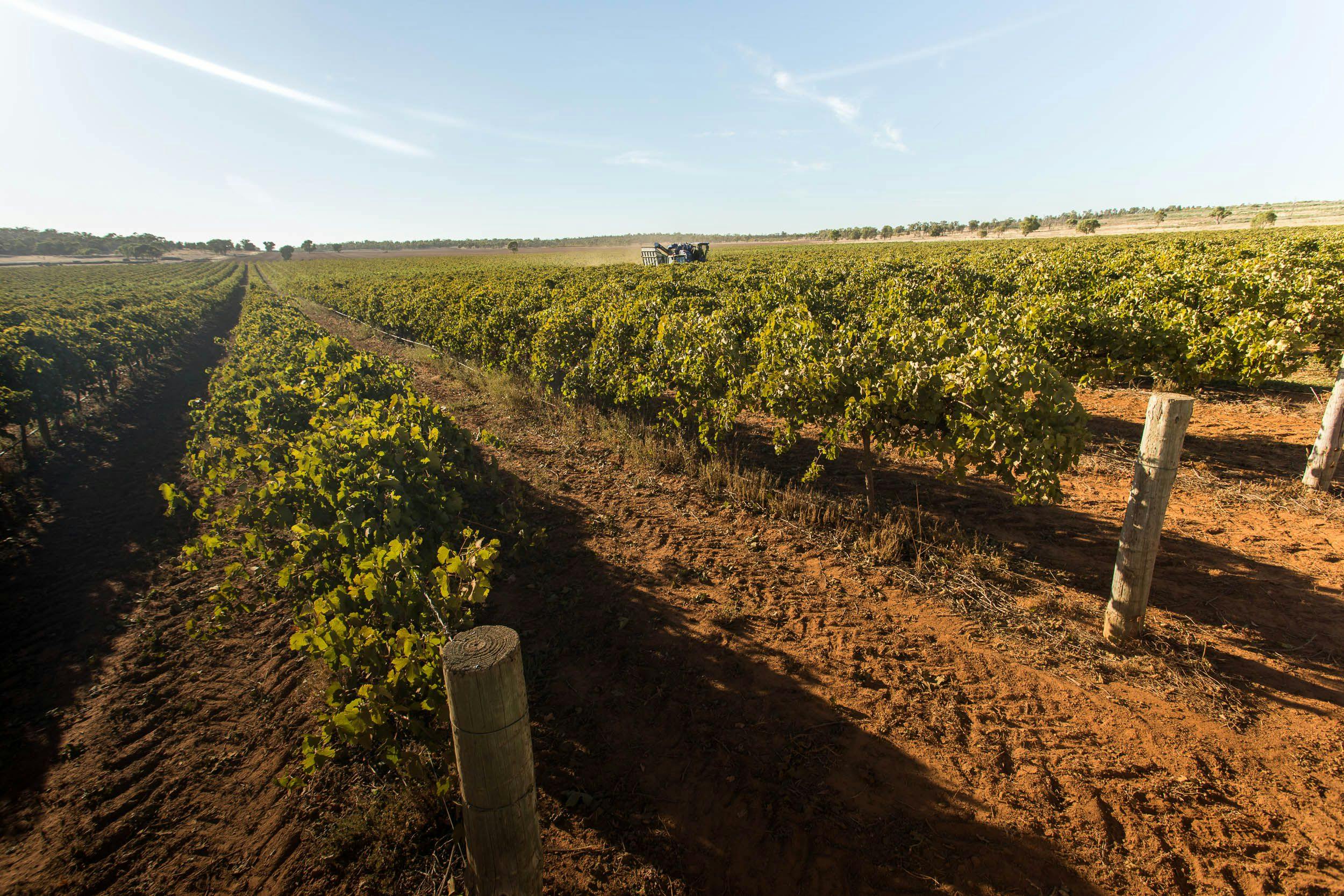
Introduction
In 1996, Bob and Cherie Berton founded Berton Vineyards. Their journey began with the purchase of a block of land in High Eden, nestled within the Barossa Valley of South Australia. This picturesque estate is at an elevation of 500 meters above sea level surrounded by hills.
In the spring of 1996, Bob and Cherie decided to plant the first Berton Vineyard saplings, allocating ten acres to Shiraz and seven acres to Chardonnay, all without a permanent source of water supply. It wasn't until the subsequent year that the dam finally filled, providing the vines with a substantial supply of water. These circumstances, coupled with the seemingly water-repellent podsolic soils, presented challenges for the vines to take root and flourish. Over the span of a few years, as the vines still resembled fledgling plants, a zestful Swedish acquaintance humorously dubbed the site the 'bonsai vineyard.' Strangely, this nickname stuck and eventually evolved into the name of their revered premium Shiraz.
High Eden enjoys a substantial annual rainfall nowadays, contributing to the thriving state of the vines. However, the memories of the early struggles are vivid for the founders each time a bottle of Bonsai is uncorked. The new dam and the subsequent abundance of water, led to the planting of Cabernet Sauvignon, Chardonnay, and Sauvignon Blanc vines.
In 2005, the choice was made to acquire a winery for the purpose of handling the approximately 100 tons of produce coming from the High Eden Vineyard. When the former Southcorp winery in Yenda became available that same year, Bob and Cherie teamed up with Jamie Bennett, Paul Bartholomaeus, and James Ceccato to establish the company known as Berton Vineyards. The winery was procured, and in November 2005, the team relocated to their new premises.
Over the following months, their days were occupied with procuring fruit and organising contract crushing for the 2006 vintage. They remember it as one of the most nerve-wracking vintages for everyone involved. Despite the scarcity of staff, they remarkably managed to crush and process a staggering 13,000 tons. Since then, things have really taken a turn!
The Winery is located in the New South Wales regional township of Yenda which has a population of around 1,600 people and is 580km southwest of Sydney and 500km northwest of Melbourne. The Winery site itself was established in 1945 and it has close ties with the development of the Riverina as a major Australian viticultural area. The winery has the capacity to crush and bottle approximately 20,000 tonnes annually and has a storage capacity of 14 million litres. Over the years, Berton has formed close relationships with growers of the Riverina, and work in partnership to ensure high quality of their annual grape intake.
The best parcels of fruit from their Shiraz vineyards go into their Berton Vineyards Bonsai Shiraz, the flagship wine. Fruit from the Shiraz vineyard also forms the backbone for their Reserve Shiraz, which won the Decanter Platinum Best Value Rhone varietal in 2017. The Cabernet Sauvignon and Sauvignon Blanc make their High Eden Range, and the Chardonnay goes into the White Rock Chardonnay and the Reserve Eden Valley Chardonnay. The fruit from the Riverina generally makes up their Outback Jack, Foundstone, and Head Over Heels ranges.
"For our Reserve and Metal ranges, we have been working with vineyards in the Coonawarra, Padthaway, Adelaide Hills, Swan Hill, Riverland, and Barossa. Over the years we have continued to source our fruit from the same vineyards in order to build a consistent product with fruit selected from the best vineyards." - Berton Website
Berton Vineyards has embarked on a multifaceted sustainability journey. In winemaking, they employ ion exchange technology to minimise tartaric acid usage, reducing power demands for cold stabilisation by up to 60 percent. Innovations like high solids centrifuge decrease Diatomaceous Earth use, curbing water consumption and waste output. Packaging is optimised for minimal environmental impact, including lean and green lightweight bottles that cut packaging's lifecycle impacts by 29 percent. Their commitment extends to recycling, renewable materials, and forestfriendly cardboard. Energy-wise, Berton has slashed consumption by 43 percent since 2011 , with efficiency-driven practices and high-density pallet packing.
Water-consciousness drives using wastewater for dry area and upcoming turf farming, avoiding toxic chemicals. Lastly, their 'less is more' approach with growers and minimal intervention practices preserves land and efficiency, reducing water and pesticide use.
From humble beginnings in 2005, Berton Vineyards has grown into one of the 20 largest wineries in Australia (Wine Industry Directory, 2020). Both winery and wines have also received strong reviews and accolades both domestically and internationally. Berton Vineyards now exports half of its products to over 30 markets.
India Strategy
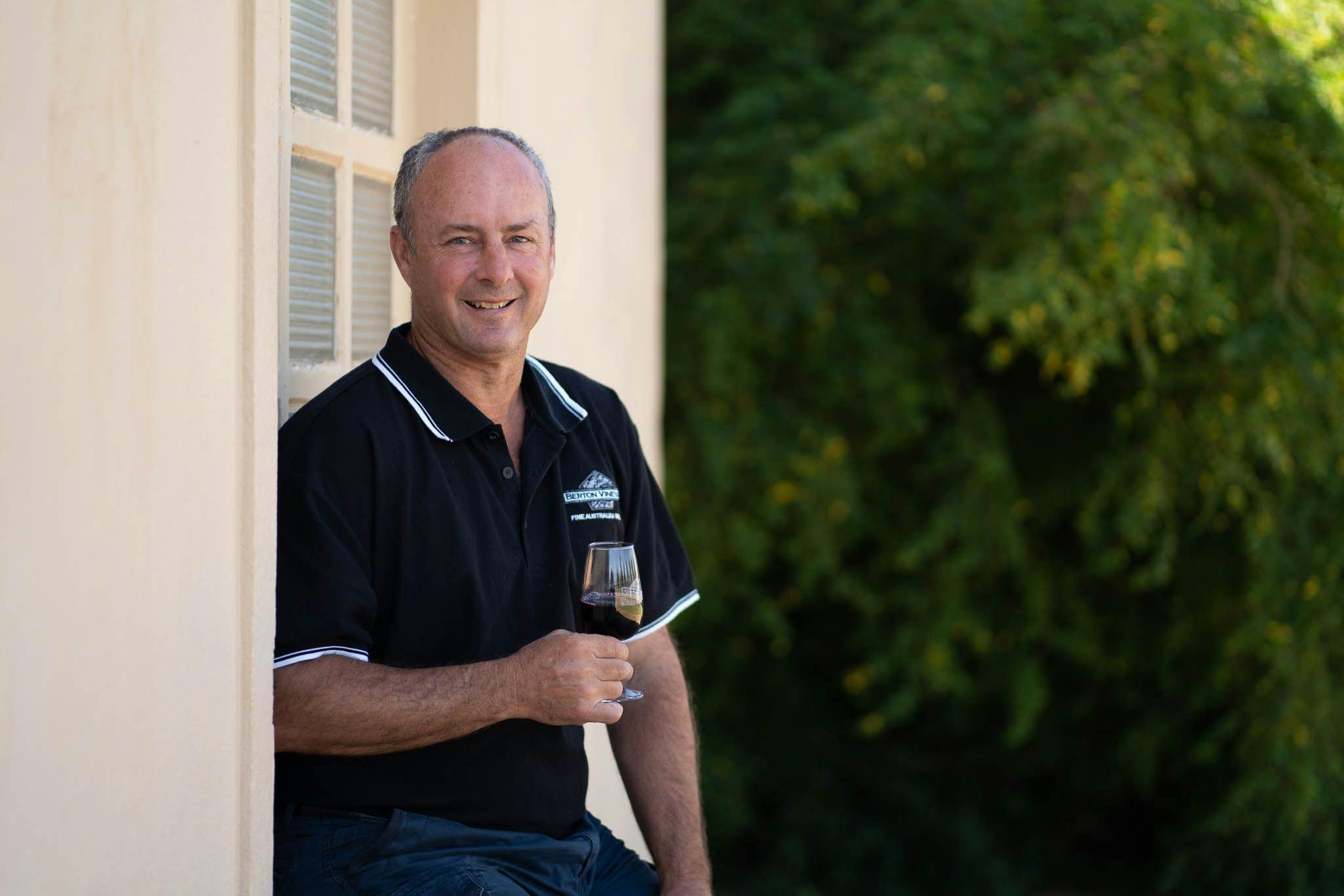
Berton's venture into India accelerated in 2018 when they took part in a 16-member NSW Food & Wine Exporters Mission to India, organised by Austrade. A senior executive team of three members embarked on a six-day program in Delhi and Mumbai. The mission included wine tastings, B2B meetings with importers, visits to bonded warehouses, retailers, wine stores, and restaurants. Through this mission to India, their goal was to find a likeminded partner (importer) to represent and distribute their products.
Berton had an opportunity to connect with Monika Enterprises for their own labels/brand and AWS Global for a private label launch.
"India represents a wonderful opportunity for Australia wine. We understood it is an emerging market and would require time, effort, and patience." - Jamie Bennett, Managing Director, Berton Vineyards
"Our greatest concern was to ensure we found the right partner. If anything, our commitment to the market is stronger and we are looking to put additional market support behind our importer Monika Alcobev Limited."
"AI-ECTA will make Australian wines more competitive in the Indian market opening up opportunities for our wines to become more accessible to a wider market."
"We have continued to travel to India to support our brand and we envisage the Indian market will become a cornerstone of our business. Patience and developing relationships with your partners is a key to long term success."
Seeing The Future
In India, the spirits market is dominated by whisky, brandy, and rum, comprising 51 percent of alcohol consumption by volume, and contributing to 76 percent in terms of value. Beer follows closely, accounting for 46 percent of volumes. Comparatively, wine holds a very small share in the market. Per capita wine consumption in India is under 100 ml, less than 1 percent of total alcohol consumption, significantly lower than the global average of around 13 percent. Developed nations exhibit higher wine consumption, reaching up to 30 percent in certain European countries where wines are paired with meals. With evolving preferences, there's an anticipated market expansion, with forecasts of a 10 percent compounded annual growth rate (CAGR) for the wine segment's volumes over the next five years.
Contributing to this trend is the gradual dismantling of cultural taboos related to drinking alcohol, which is attracting more women to become consumers -forming the largest portion of global wine enthusiasts. The growing perception of wine as a healthier and more refined option for social gatherings contributes to its popularity among women.
This expanding group of independent women is anticipated to be instrumental in increasing the adoption of wine in India. Furthermore, the fondness for wine is projected to extend its reach across the entire country.
Currently, specific urban hubs like Mumbai, Bengaluru, Delhi NCR, Pune, and Hyderabad account for over 70 percent of wine sales. This aspect serves as another catalyst for potential growth with demand expected to pick up in other tier 1 and tier 2 cities too.
With high disposable income, rapid urbanisation and rising influence of social media on millennials, forecasts suggest a rise in sales of premium wines. Wine drinking is considered 'aspirational' and that's where Indian consumers are heading.
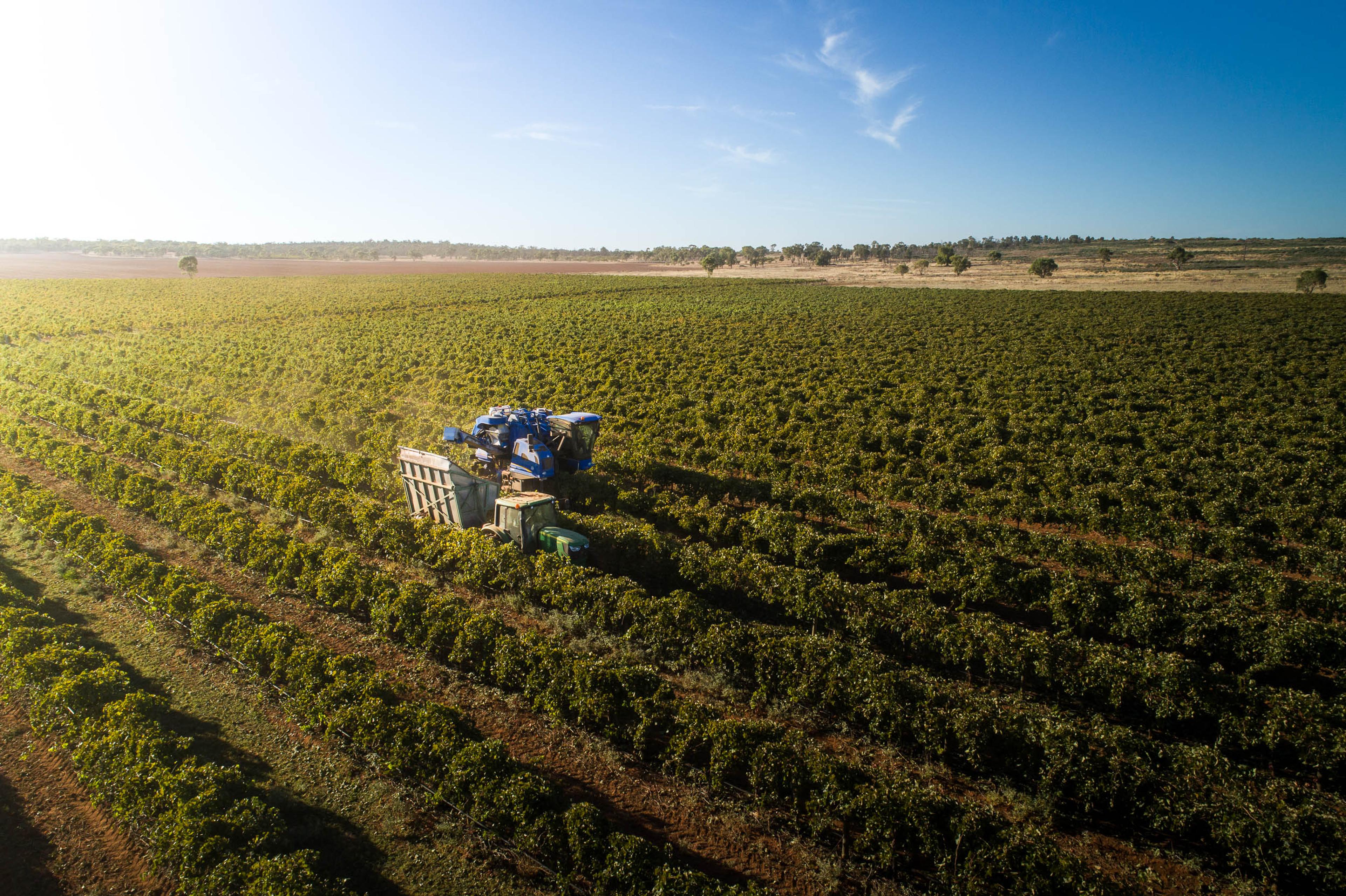
Planning Ahead
Before entering the Indian wine market, Australian exporters should consider the following key points –
- Choose the right distributor, finding the right importer is crucial, as the market is importer driven. Look for an importer with complementary wines to differentiate from their other international offerings
- Frequent visits to the market are important for exporters. Conduct wine tastings at upscale hotels and top restaurants to show support for importers, and establish brand presence
- Partnering with leading modern retailers to secure listings is valuable. Provide marketing support aids in building brand recognition
- Recognise that Indian wine consumers are often brand-focused buyers
- Be ready for substantial import duties on wine
- Value-driven brands tend to see early commercial success in the market
- There is a growing demand for more premium products targeting sophisticated and aspirational consumers
- Be aware of the ban on alcohol advertising, which limits marketing options
- Understand and manage varying state and federal levies on imports.
Despite challenges, India's emerging and sizable market offers long-term opportunities to Australian wine exporters, to bring their ingenuity to the aspirational market.
“Over the years, our portfolio has received numerous accolades, including two Decanter Magazine awards for the 2014 Reserve Coonawarra Cabernet, which was named the best new world cabernet and the 2015 Reserve Shiraz, which was named the World's best value Shiraz.” – Jamie Bennett, Managing Director, Berton Vineyards
“We have taken the approach of giving brands time to make their statement, and we are seeing the benefits of this approach as our brands gain traction both domestically and internationally. Our vineyard in High Eden (a sub-region of Eden Valley) adds ‘prestige’ to the portfolio with 30 acres (60T) of premium fruit. Our iconic wine, ‘The Bonsai,’ is made from the High Eden vineyard, and we are very proud of it.”
